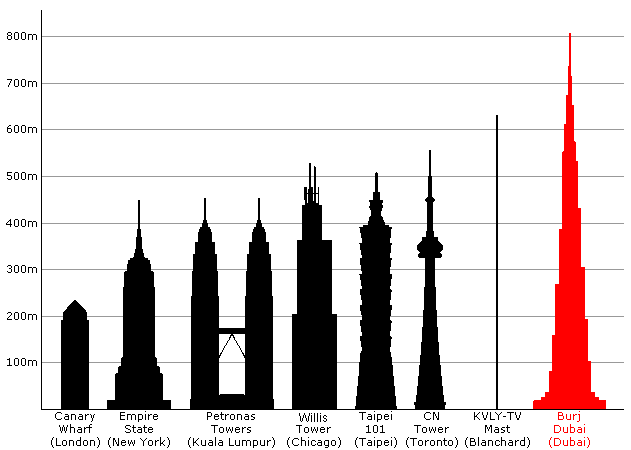It might seem strange for a company that makes cheap pens and disposable razors looking around for a new cutting edge (sorry for the bad pun, couldn’t help it!) product to decide to start producing mobile telephones. But this is what BIC® has decided to do. The phone comes with 60 free minutes, a charged battery, and prepaid SIM card installed.
According to the press release:
Available in citrus orange and lime green, with innovative packaging, the BIC® phone will appeal to consumers who like easy-to-use and pay as you go products. It also meets specific phoning requirements, serving as a back-up phone if needed (e.g. a second line when advertising the sale of an apartment, a car … which leaves the main phone line free).
The phone focuses on basic use, in other words sending and receiving calls and SMS. It’s cheap (Suggested retail price: €49 including tax includes 60 minutes talk time) but not intended to be disposable (battery loader included). The prepaid number is valid for 12 months but then needs to be extended.
So the company does not intend the phone to be disposable but the way in which they talk about it and “look and feel” of the packaging and phone – feels very disposable. So this is all we need now, a cheap addition to the pile of plastics, electronics, toxics, batteries and packaging which will be added to the current environmental mess.






